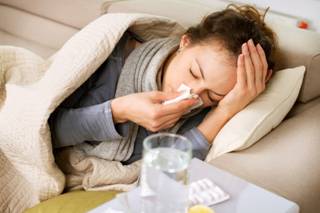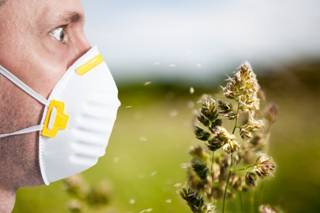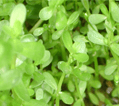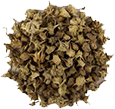Boost Immunity with Exercise: Stay Healthy and Active | Dabur Chyawanprash
An exercise regime or any moderate Physical activity like cycling, walking or jogging is believed to help flush bacteria out of the lungs and airways. Exercise causes changes in antibodies and white blood cells (WBC). WBCs are the body's immune system cells that helps fight diseases. These antibodies or WBCs circulate more rapidly, so they could detect illnesses earlier than they might have before.
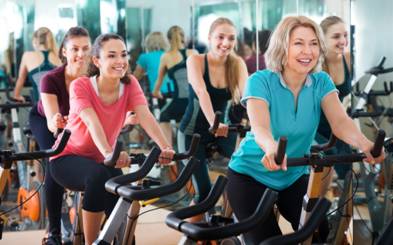
Exercise is believed to increase the production of macrophages, which are cells that attack the kinds of bacteria that can trigger upper respiratory diseases. More recent studies show that there are actually physiological changes in the immune system that happen when a person exercises. Cells that promote immunity circulate through the system more rapidly, and they're capable of killing both viruses and bacteria. After exercising, the body returns to normal within a few hours, but a regular exercise routine appears to extend periods of immunity.
The fleeting rise in body temperature during and immediately after exercise is said to prevent bacteria from growing. This temperature rise may also help the body fight infection better. Exercise also slows down the release of stress hormones. As stress increases the chance of illness. Lower stress hormones may protect against illness.
Exercise is good but one should not overdo it. People who already exercise should not exercise more just to increase their immunity.
Immunity can also be improved by consuming natural immunity boosting foods regularly. Visit our immunity blog to learn how to increase immunity and the top home remedies to improve immunity power.




